Dentists role in treating obstructive sleep apnea
What is obstructive sleep apnea (OSA)?
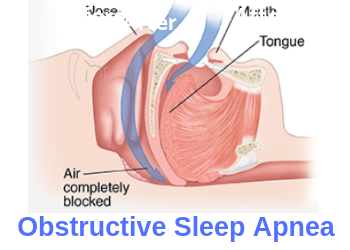
Obstructive sleep apnea (OSA) is a medical condition where you stop breathing for periods of 10 seconds or longer when asleep. Sleep apnea sufferers experience multiple non-breathing episodes throughout the entire night. This is a common and serious medical condition that requires proper diagnosis and treatment. It’s estimated that more than 18 million Americans suffer from obstructive sleep apnea.
Sleep apnea prevents you from getting the deep sleep that your body requires and leaves you tired throughout the day. Obstructive sleep apnea is categorized as mild, moderate, or severe, depending on the intensity and frequency of your non-breathing episodes. Those suffering from severe OSA could experience as many a few hundred non-breathing episodes every night. Unfortunately, many of these people are unaware that they suffer from this condition. If you suspect that you’re suffering from OSA, contact your dentist or doctor to start your diagnosis process.
What are the symptoms of obstructive sleep apnea?
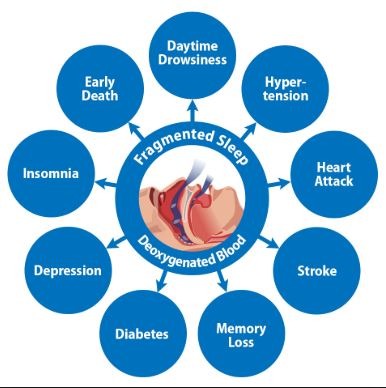
Obstructive sleep apnea is a serious medical condition that compromises your overall health. Repeated episodes of non-breathing cause you to wake up and gasp for air. As a result, you are left feeling tired and fatigued throughout the day. Here are some common symptoms of OSA which you should watch out for:
- Feeling tired throughout the day
- Irritability
- Unexplained weight gain
- Frequent morning headaches
- Falling asleep behind the wheel
- Diminished productivity
- Generalized decrease in quality of life
Untreated obstructive sleep apnea can be a precursor to many other medical conditions. There are also links between OSA and high blood pressure, heart disease, stroke, diabetes, and depression. In its most extreme cases, severe OSA can be fatal. This happens if you fail to recover from an extended non-breathing episode. Dentists work with physicians to assist in screening as well as treating sleep apnea. Contact your dentist to see how they can help you concur your obstructive sleep apnea.
What are my treatment options for obstructive sleep apnea?
Treatment depends on how severe your case is. Treatment options include no treatment, CPAP machine (Continuous Positive Airway Pressure), oral appliances, or airway surgery. Here’s a bit more information about different treatment options for obstructive sleep apnea:
CPAP machine
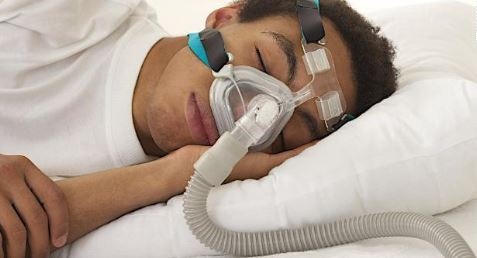
A CPAP machine forces Oxygen into your airways to make sure you’re getting enough air at night times. The CPAP device secures onto your face and forcefully pushes air into your nostrils. Wearing a CPAP machine can be very effective in offsetting obstructive sleep apnea. In fact, CPAP machine is considered the golden standard for treating severe obstructive sleep apnea. Unfortunately, CPAP machines are very loud, bulky, and uncomfortable. As a result, many patients find themselves unable or unwilling to use their CPAP machine on a regular basis.
Oral appliances used to treat obstructive sleep apnea
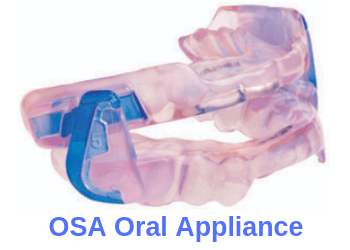
An oral appliance resembles a large athletic mouthguard, except it’s purpose if to open up your airways. Typical oral appliances pull your lower jaw forward which opens up your airways. This allows you to breath better throughout the night. While not as effective as CPAP machine, oral appliance are much less bulky and more comfortable to wear. Oral appliances are recommended for treating mild-to-moderate sleep apnea in those who are CPAP intolerant. Talk to your dentists to see how they can help treat your OSA with an oral appliance.
Airway surgery
Surgery should be your last resort option to treat obstructive sleep apnea. Airway surgeries, like a Uvulopalatopharyngoplasty (UPPP), alters your airway to open up your breathing pathway. Airway surgery has mixed results and recovery can be extremely painful. Surgery is only recommended for the most severe cases of obstructive sleep apnea where other treatments have failed.
What is the role of dentists in treating obstructive sleep apnea?
It;s no secret that dentists spend lots of time looking in your mouth. This gives dentists an excellent opportunity to screen for airway obstruction. Your dentist can help you with both screening and treating your obstructive sleep apnea. Here are some of the ways your dentist can help:
Screening for obstructive sleep apnea

Many dentists perform an obstructive sleep apnea screening on their patients. They look for signs of OSA which include obstructed airways, large tongue, low palate, and tonsil blockage. If screening results show signs of obstructive sleep apnea, then you require further examination. If you show signs of OSA, you will be referred to complete a sleep study test. The results of your sleep study test will be sent to a sleep-trained physician to determine if you suffer from obstructive sleep apnea or not.
Treatment of obstructive sleep apnea
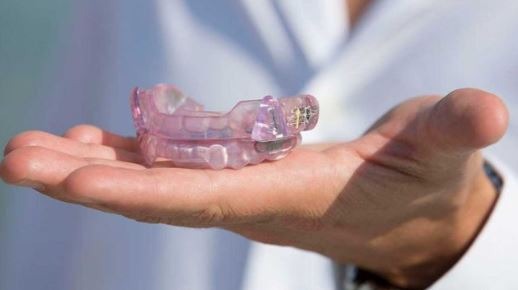
The worst cases of obstructive sleep apnea require a CPAP or airway surgery. However, mild-to-moderate sleep apnea can be treated successfully with oral appliances made by your dentist. Oral appliance therapy is also recommended for patients who are unable or unwilling to use a CPAP machine. Oral appliances function by re-positioning your tongue to open up your airways. This helps you breath more comfortably and get continuous sleep throughout the night.
Obstructive sleep apnea screening and treatment in San Clemente, Orange County
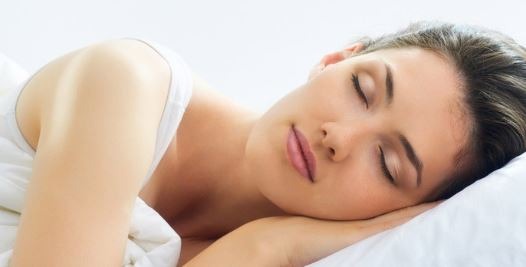
Give us a call today if you suspect that you’re suffering from obstructive sleep apnea. You can reach us at (949)481-2540 or book your consult online. During your consult, we will evaluate your airways, review your medical history, and have you fill out a basic questionnaire. If we determine that you might be suffering from OSA, we will refer you for a sleep study test. The results of this test are sent to a sleep physician who will determine if you’re suffering from OSA. We can also help you treat your sleep apnea by making an oral appliance when necessary. Don’t delay treatment your sleep apnea any longer, give us a call today and start breathing better!